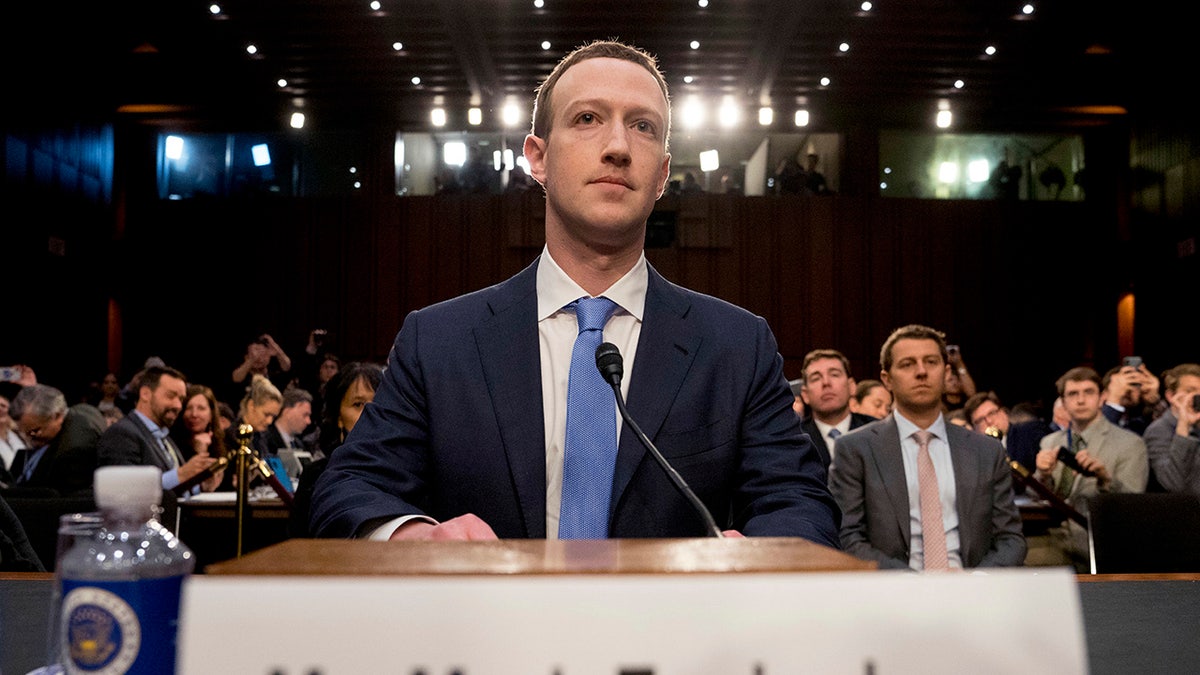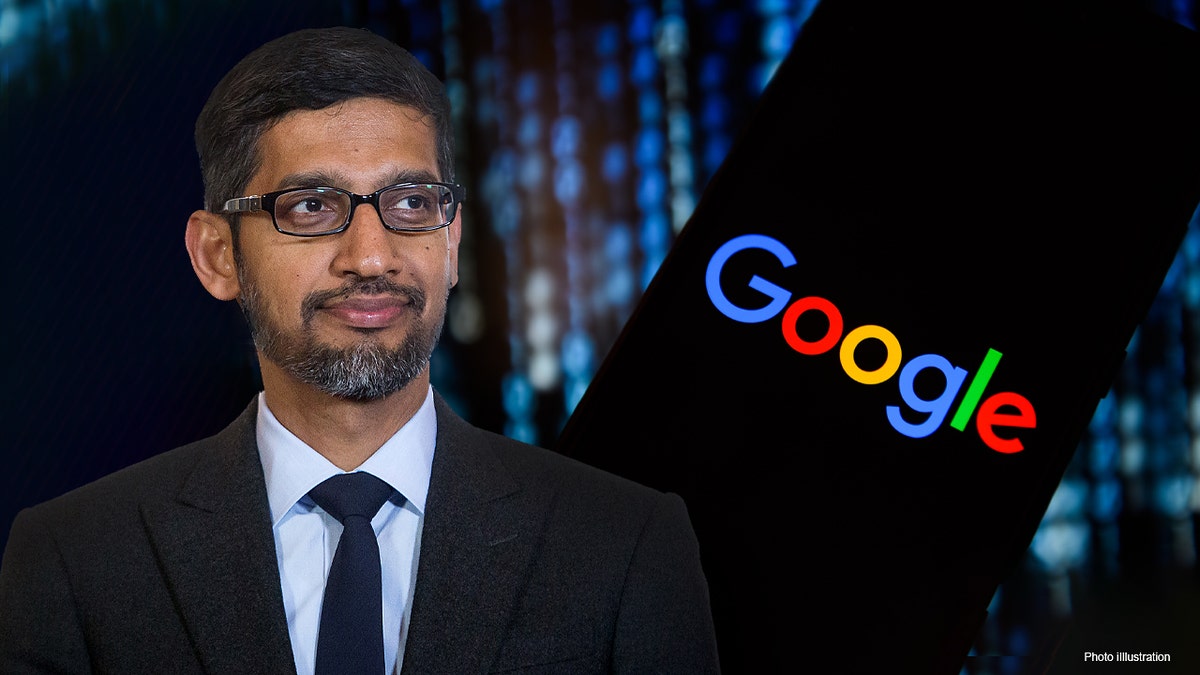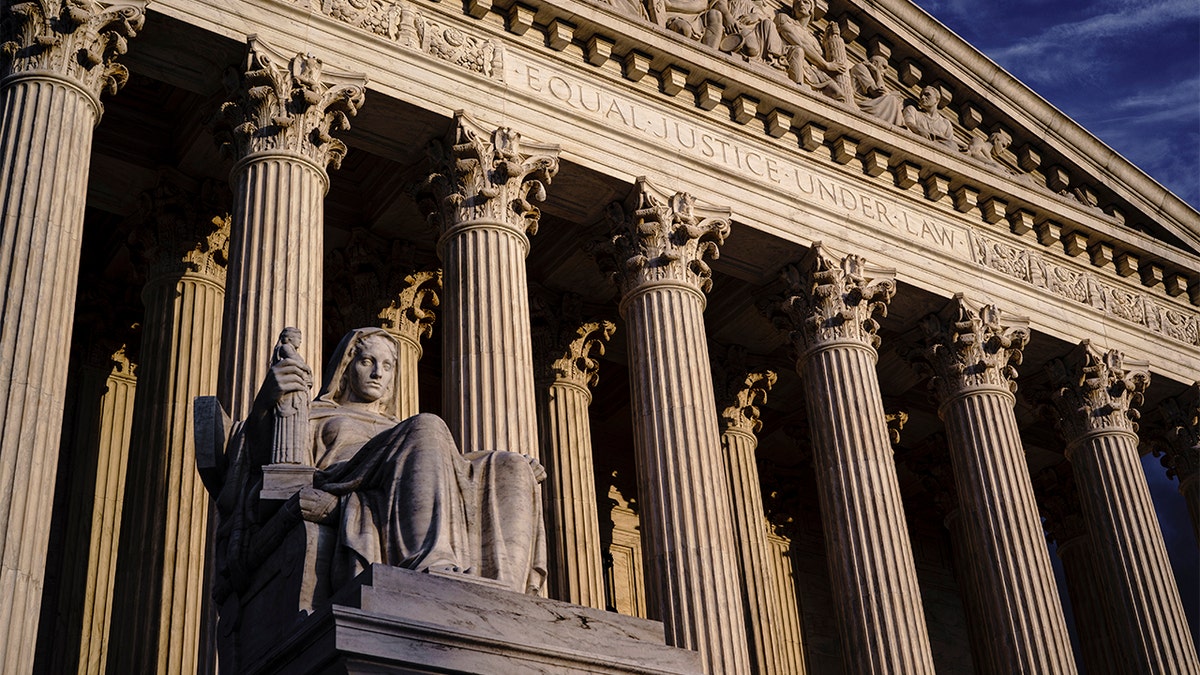Turley: 'Enormously important case' over social media censorship
Fox News contributor Jonathan Turley explains the significance of a Texas social media censorship case that could make its way to the Supreme Court and updates the Mar-a-Lago case
A lawsuit challenging a Texas law prohibiting viewpoint-based censorship by social media companies could fundamentally change the way the Big Tech firms are regulated across the country if the statute is upheld by the Supreme Court, where it is expected to land.
HB 20, a Texas bill signed into law by Gov. Greg Abbott, says that social media platforms with more than 50 million monthly users -- which includes Google, Facebook and Twitter -- cannot censor or limit users’ speech based on viewpoint expression. The social platforms are challenging the law in court citing First Amendment protections – but so far unsuccessfully, with a federal court just last week ruling to uphold the statute.
"Today we reject the idea that corporations have a freewheeling First Amendment right to censor what people say," Judge Andrew S. Oldham of the Fifth Circuit wrote.
The case centers around the contention in HB 20 that social media platforms are "common carriers," like AT&T, FedEx or American Airlines, which would make them subject to stricter regulations, like nondiscrimination laws, since they dominate the market for a common public service.
In a sense, the companies would be viewed as traditional public square soapboxes and be forced to adhere to the tradition and constitutional obligation that people must be allowed to step up on a platform - in this case an online one - and say what they think.

Facebook CEO Mark Zuckerberg testifies before Congress.
FEDERAL COURT RULES BIG TECH HAS NO 'FREEWHEELING FIRST AMENDMENT RIGHT TO CENSOR'
Rachel Bovard, a conservative policy analyst and senior tech columnist for The Federalist, believes there is "definitely a willingness" of the Supreme Court to hear the case and give a "legal structure to an entirely new, uncharted territory."
"The Court would be simply recognizing what all of us already know, which is that these companies have sort of become integral to how we access the marketplace, how we speak to one another, how public opinion is shaped," Bovard told Fox News Digital. "A common carriage tradition would fit what these companies now are into our broader values and traditions of how we treat companies like that."
Jonathan Turley, constitutional scholar and a George Washington University law professor who is a Fox News contributor, says the Big Tech platforms have "an insatiable appetite for censorship," and that a "common carrier" approach would not only be better for the Court to take, but it would also be beneficial for the companies – arguing that their push for censorship has cost them and shareholders.
However, Casey Mattox, vice president of legal strategy at Americans for Prosperity, says the law works against free speech: "Promoting more free speech online is critical. But this law would work against that goal, fundamentally changing social media and actually making it harder for Americans to have a voice online."
NetChoice, a nonprofit group representing the social media platforms in the challenge against the Texas law, said in a statement, "We remain convinced that when the U.S. Supreme Court hears one of our cases, it will uphold the First Amendment rights of websites, platforms, and apps."
Turley contends that while the argument over the free speech rights of corporations could be difficult for the High Court to grapple with, the case is exposing flaws in the mega-platforms’ First Amendment defense, and that what the companies are saying in court is very different from what they present in public.

Google CEO Sundar Pichai (Mateusz Wlodarczyk/NurPhoto via Getty Images)
SOCIAL MEDIA THE LATEST IN A LINE OF BIG TECH REGULATION TARGETS SINCE RADIO MADE WAVES IN CONGRESS
"What’s interesting about the case is that it has forced these companies to unabashedly defend censorship. They are admitting that they are in fact speaking through their censorship programs."
Turley says that this is "a final break" of these Big Tech companies from their origins, arguing that when they were created, social media platforms presented themselves as "an internet version of the telephone company."
"It’s sort of like being on a telephone call and the telephone company says, ‘I’ve been listening to your call, and I’m going to terminate your call right now because I don’t agree with what you’re saying.’ And they’re basically saying, ‘that’s exactly what we’re doing’."
Turley and Bovard say that while the Supreme Court could lay the groundwork for this new framework of social media platform regulation, Congress would ultimately need to fill in the details if the restrictions on viewpoint-based comment are to go national.

The Supreme Court in Washington, D.C. (AP Photo/J. Scott Applewhite, File)
Turley says Democrat leadership could be standing in the way: "The problem is that the Democratic Party has become distinctly anti-free-speech in its position on the internet."
CLICK HERE TO GET THE FOX NEWS APP
"As a lifelong Democrat, I’ve been shocked by the degree to which the Democratic Party has gone from an advocate for free speech to an advocate of censorship," Turley says.
The case could be appealed to the Supreme Court as early as this fall.





